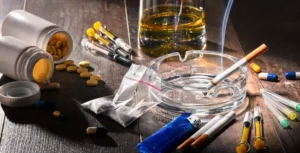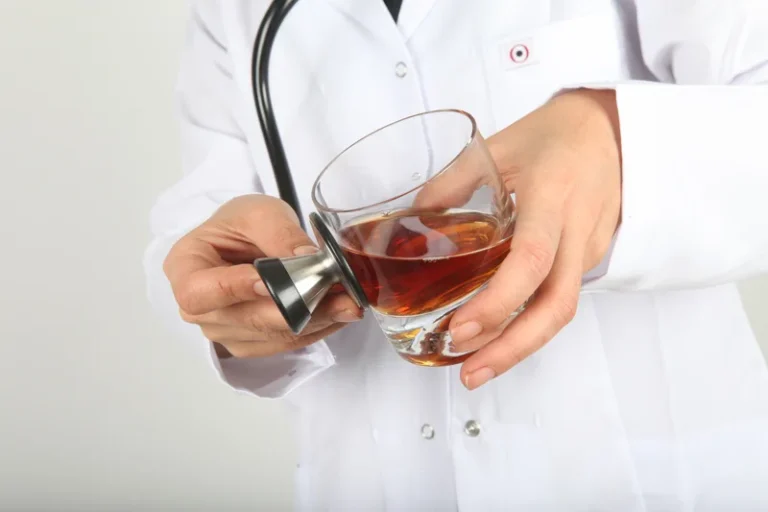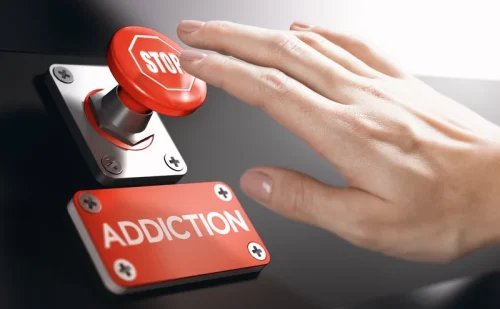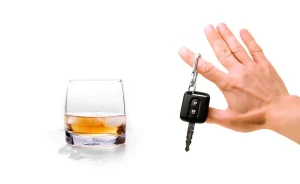
This is why it is best to have a solid relapse prevention plan. Equally important is to learn to identify situations that carry high risk of relapse and to develop very specific strategies for dealing with each of them. High-risk situations include both internal experiences—positive memories of using or negative thoughts about the difficulty of resisting impulses—and situational cues.
- Talk with a healthcare professional if you think a trigger may cause a depression relapse.
- By helping to manage cravings and withdrawal symptoms, MAT can provide a stable foundation for recovery efforts.
- But if you do relapse, you should accept that it is a normal part of quitting and resolve to learn from the experience.
- We go to a smoke-filled bar, or hang out with support group cynics, or phone a friend who berates anyone who exercises.
Use Support Groups

One such neurotransmitter, dopamine, reinforces the connection between drug use, pleasure, and any external triggers that remind the user of the substance. Over time, these dopamine surges teach the brain to seek the drug or alcohol any time the user encounters a trigger. Ever find yourself returning to alcohol after weeks or months of sobriety? Discover how our brains distort past memories and the science to overcome relapse. Avoidance is an excellent coping strategy if you know that you are likely to run into danger. Of course, that requires understanding what your triggers are.
Addiction and Mental Health Resources
Using drugs or alcohol can seem like the easiest way to feel happy or normal. Loneliness and a lack of social support can also make alcohol or drug use more appealing. Relapse is a normal part of recovery from addiction to alcohol or other drugs. Addiction is a chronic disease of the brain, meaning it lasts for multiple months and affects the way the brain works. Substances of abuse change the way that the brain operates, causing people to compulsively seek addictive substances despite harmful consequences.

Relapse in Addiction: Definition, Stages, and Prevention Strategies

Preventing relapse isn’t as easy as saying no to opportunities to use again. Physical relapse is only preventable if you avoid high-risk situations. You must also develop healthy coping skills and an effective relapse prevention plan. People in recovery from addiction may relapse for several reasons.
Create an Action Plan
Studies show that social support boosts the chances of success. Help can come in an array of forms—asking for more support from family members and friends, from peers or from others who are further https://ecosoberhouse.com/ along in the recovery process. It might mean entering, or returning to, a treatment program; starting, or upping the intensity of, individual or group therapy; and/or joining a peer support group.

Negative environments can have a serious impact on a person in recovery due to their vulnerability to such influences. There may always a part of a person that wants to use again, which is why addiction is considered to be a chronic condition. As this phase of the relapse process progresses, direct thoughts about using eventually arise, and at this point, it’s very difficult to stop the process. When someone dealing with addiction decides they are going to use, it’ usually just a matter of time until they do it. Ultimately, relapse is a part of many people’s story, and it doesn’t prevent anyone from finding long-term sobriety. While relapse is sometimes expected, it should still be taken seriously.
- Getting back on track quickly after a lapse is the real measure of success.
- The goal is to develop new routines that are rewarding rather than leaning on the drug.
- According to the model developed by Marlatt and Gordon, a relapse begins with a high-risk situation that is followed by a poor coping response.
That view contrasts with the evidence that addiction itself changes the brain—and stopping use changes it back. Use of a substance delivers such an intense and pleasurable “high that it motivates people to repeat the behavior, and the repeated use rewires the brain circuitry in ways that make it difficult to stop. Evidence shows that eventually, in the months after stopping substance use, the brain rewires itself so that craving diminishes and the ability to control behavior increases. The brain is remarkably plastic—it shapes and reshapes itself, adapts itself in response to experience and environment. The longer someone neglects self-care, the more that inner tension builds to the point of discomfort and discontent. Cognitive resistance weakens and a source of escape takes on appeal.
Risk Factors for Relapse
However, people who slip and don’t seek help often experience a physical relapse. They begin using obsessively or compulsively, and they start to experience negative consequences from that use. People can move on from the relapse with a stronger commitment to avoiding future relapses by avoiding or managing triggers before they occur. Research shows that social support indicates long-term success, while peer pressure and unsupportive relationships can lead to relapse.
Factors That Influence the Likelihood of Relapse
Reaching out to a supportive person can help clarify our thinking. Friends, family members, and other sober people relapse prevention can help you cope with relapse. They can act as a constant source of positive influences and guidance.
- Caring for your mental and physical health is critical for effective relapse prevention.
- But, recovery is not just about “quitting” and “abstaining” as much as it’s about building a new life in which it is easier—and more desirable—not to use.
- Having someone to support in situations where you are at risk of relapse can help.
- Awareness of thoughts, feelings, and behaviors can be indicators of where someone is and what they may need regarding recovery.
- Getting a person back into treatment as quickly as possible is vital.
- Recovery is an opportunity for creating a life that is more fulfilling than what came before.